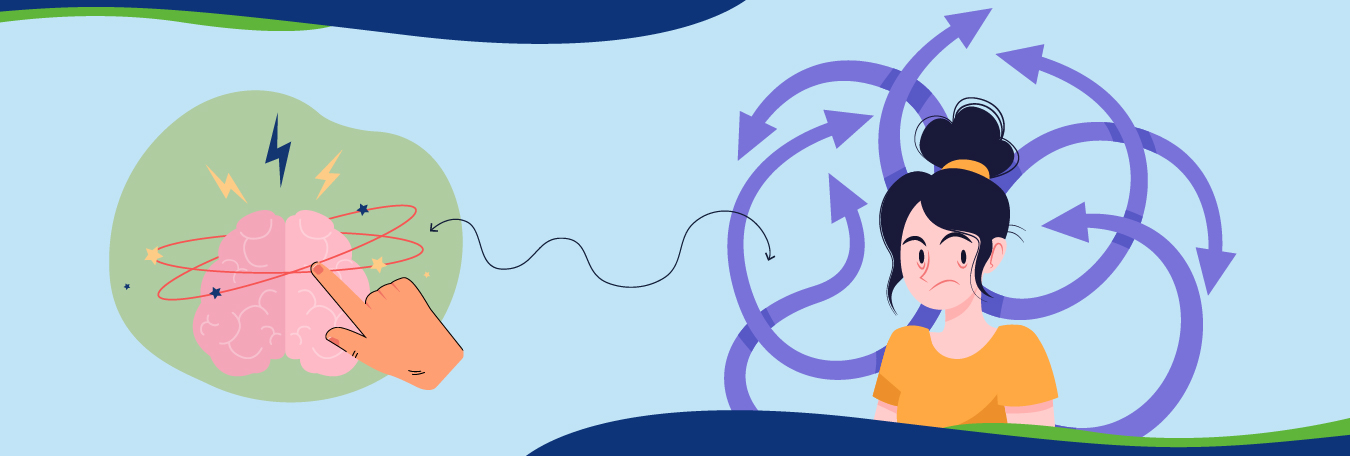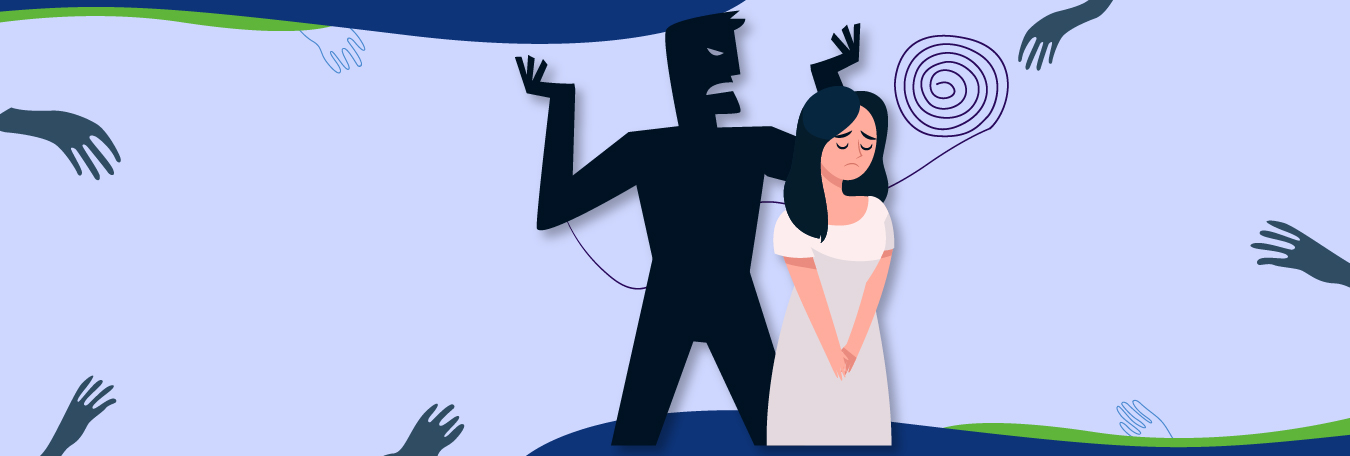Melancholic is a specific kind of depression. Psychiatrists describe it as a part of a condition called major depressive disorder. This means that a person remains in a dark mood and has a major depression with some special features that psychiatrists call melancholic features
Melancholic depression, or depression with melancholic features, is a DSM-5 subtype of clinical depression.
Melancholia’s Classification
The historical and current classification of melancholia highlights the shift from a different illness to a specifier of major depressive disorder (MDD) in the DSM-5-TR.
(Melan = black, Cholis = bile)
The melancholic meaning or black bile was suggested by the ancient Greeks in Hippocrates’ theory of moods.
In ancient Greece, Hippocrates had an idea about why people get sick. He suggested an idea that sickness can be a part of the body or mental illness, rather than magic or angry gods, as it was believed at that time.
Instead, he believed illnesses came from things inside our bodies called “humors Signs in the Body and Brains.” These were like special liquids that moved around.
Read More: Depression in young adults: Signs, Causes, and Treatment
Hippocrates thought that if you had too much of one of these humors, you might feel sick. One of these humors was called “black bile”, and he thought having too much of it in your brain could make you feel sad and gloomy. He called this feeling “melancholia”. The word “melancholia” is derived from two words, melas, which means black, and chole, which means bile.
This was a transitive idea because for the time at that time, it is argued that feeling sick could be a medical or health problem rather than a magical one. It was a huge step toward understanding that our body and mind are connected.
Melancholia as a Specifier for MDD
A specifier in psychiatric diagnosis is a descriptive label that is added to a diagnosis to provide more information about the specific presentation of the disorder.
Signs of melancholic depression in the Body and Brain
Psychiatrists notice some specific changes in the body when someone has this type of depression. These changes are like signs that help us understand what is happening in the mind of a person. The melancholia symptoms include:
Stress Hormone Levels
People with melancholy depression often have higher levels of stress hormones called cortisol. A simple test can show if these levels are higher than they should be.
The Way a Person Feels
The person feels a profound sadness or emptiness, unlike a typical depression. The feelings remain the same even after something good happens. The person also loses all interest in things they once enjoyed. Nothing can cheer them up.
Body and Movement
This kind of sadness can make a person’s body move very slowly. Their thoughts might also be slow. It might be hard for them to talk. Other times, they can feel very restless and can’t sit still.
Time of Day
The sadness often feels stronger in the morning. As the day goes on, it might get a little better, but it’s still a heavy feeling.
Sleep and Eating
People with this kind of sadness often wake up very early in the morning and can’t go back to sleep. They might also lose their appetite and not want to eat, which can cause them to lose weight.
Other Feelings
The person can feel a lot of guilt, even for things that aren’t their fault. It can also be hard for them to concentrate or remember things. Some people might even have very unusual thoughts, like they are a bad person or that everything is hopeless.
Read More: Symptoms and Causes of Depression – How to Treat Them?

Treatment for Melancholic Depression
Melancholic depression is a type of depression that often requires specific treatments because it is different from other kinds of depression. While many people with depression feel sad because of something that happened in their lives, melancholic depression is believed to have a stronger physical reason.
Medication
Psychiatrists often treat melancholic depression with special medicines called antidepressants. For this type of depression, some older medications, known as tricyclic antidepressants, often work better than newer ones like SSRIs.
Talk Therapy and Social Support
Talk therapy or psychotherapy can be helpful for people who are experiencing melancholic depression. It helps people to develop such practices to deal with life’s problems in a good way. However, for people with melancholic depression, these therapies can’t work without medication. Medication is usually the most important part of the treatment plan.
Feeling Better and Relapse
When someone with melancholic depression starts treatment, their symptoms often get better. But it is important to know that it can be challenging to feel completely well again. Also, people with melancholic depression are more likely to have their symptoms return after they have been feeling better for a while. This is called a relapse. The symptoms can come back even after the person has been taking their medication for a long time.
Healthy Habits
Even though medication is the main treatment, other healthy habits can help. These include regular exercise, healthy foods, a social circle, and getting enough sleep. These healthy choices can make the medication work even better and help a person feel good.
Read More: What is Double Depression and the Treatment for Double Depression
Why We Talk About This
For our patients, this means that we will always work to understand the specific type of depression they experience. Our treatment plans fit each person perfectly, whether they have major depression, melancholia, or another mood condition. Our goal is to provide the best care so everyone feels better.
Read More: What is Atypical Depression? Symptoms and Treatment Methods
Why Does This Matter?
When psychiatrists understand exactly what’s wrong, they can find the best way to help. If melancholia is its own problem, it might need a different kind of medicine or treatment. By studying it more, we can learn how to help people feel better faster.
If you or a loved one is experiencing symptoms of depression, getting help from a professional is a great first step.
Here at Inland Empire Behavioral Group, we believe in getting to the root of a person’s feelings and experiences. We understand that every person is unique, and we work hard to provide the right support and care for each person. We are here to help you.




